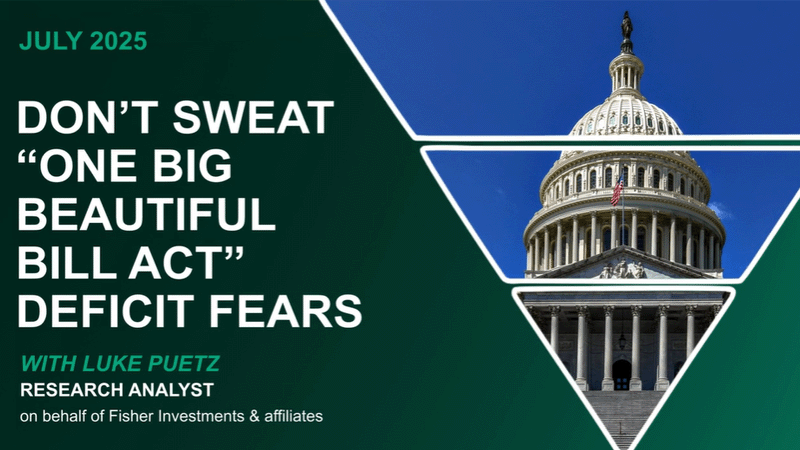Personal Wealth Management / Expert Commentary
Fisher Investments Details Notable Changes Made in the Secure Act 2.0
At the end of 2022, Congress enacted the Setting Every Community Up for Retirement Enhancement (SECURE) Act 2.0. It contains a number of provisions that impact retirement planning. Some of the most notable changes are outlined in the tables below.
If you have questions about how this may impact you, please contact Fisher Investments today. Fisher Investments can work with you to understand your unique financial situation and investment goals and build an easy-to-understand, comprehensive retirement plan tailored to you.
Requred Minimum Distribution (RMD) Provisions
|
RMD Age |
The age at which you’re required to take RMDs from IRAs, 401(k)s, and other retirement plans has been increased to 73 in 2023; in 2033, the age will be further increased to 75. |
|
Roth Plans |
Starting in 2024, RMDs will be eliminated for employer Roth plans, bringing them into line with Roth IRAs. |
|
Penalties |
As of 2023 the penalty for failing to take RMDs was reduced to 25%, and in some cases, 10%, from the previous 50%. |
IRA Provisions
|
Surviving Spouses |
|
|
Catch-Up Contributions |
The current $1,000 catch-up contribution limit for IRAs will be indexed to inflation starting in 2025. |
|
Employer Match |
Employers are now permitted to deposit matching contributions into employees’ designated Roth accounts. These amounts will be included in the employee’s income in the year of contribution. |
401(k) Provisions
|
Catch-Up Contributions |
|
|
Employers |
|
Other Provisions
|
Qualified Charitable Distributions (QCDs) |
|
|
529 College Savings Plans |
|
|
Accessing Retirement Funds Early |
|
|
ABLE Accounts |
In 2026, ABLE accounts will be permitted for individuals who became disabled before the age of 46, versus the current age of 25. |
Next Steps – Contact Fisher Investments Today
You may already have help with your financial plan, and that’s fine. But, if you’re looking for a second opinion or a more comprehensive approach to achieving your financial goals, Fisher Investments can help. Fisher Investments is a world-class money manager who doesn’t sell investment products for a commission. Fisher Investments has helped thousands of investors—each with their own specific time horizons, growth objectives and income needs—work towards their long-term goals. Through our holistic wealth management services, you can benefit from Fisher Investments’ expertise and over 40 years of industry experience. Contact us today to find out more about how Fisher Investments may be able to help you reach your long-term financial goals.

See Our Investment Guides
The world of investing can seem like a giant maze. Fisher Investments has developed several informational and educational guides tackling a variety of investing topics.





